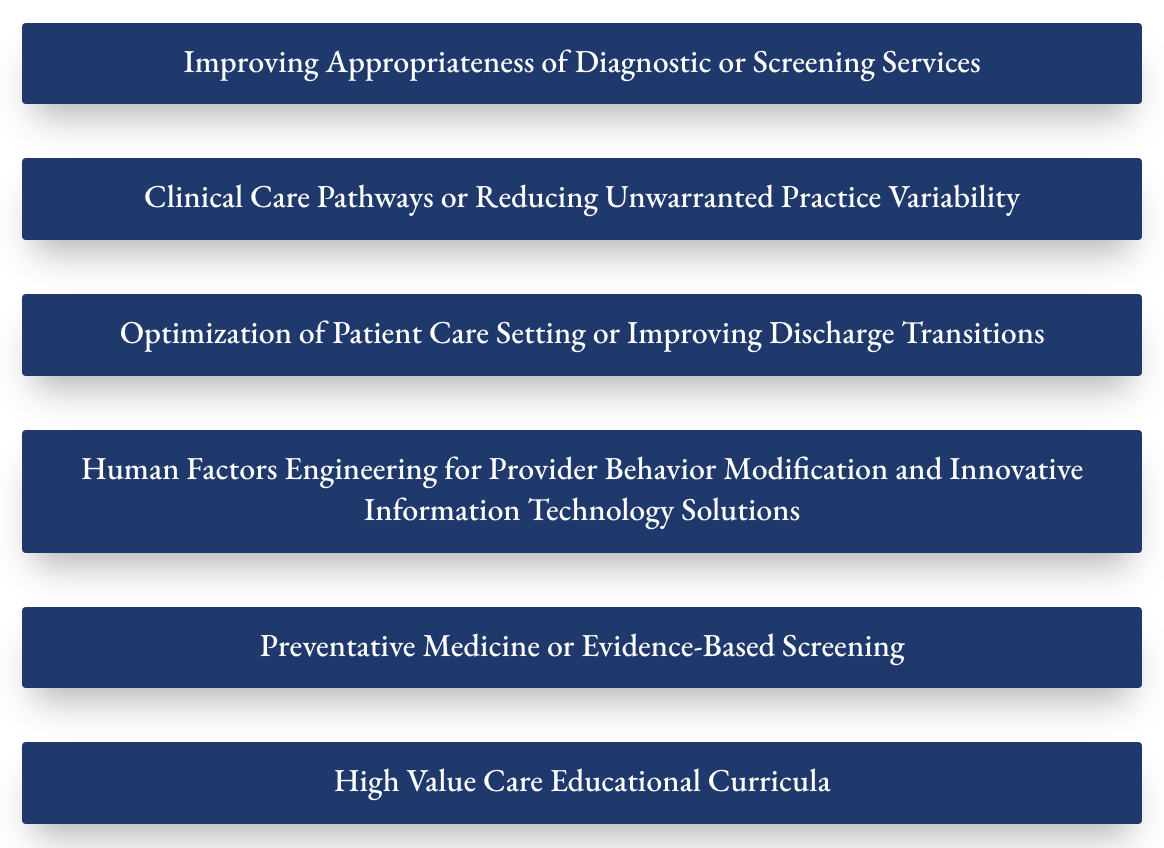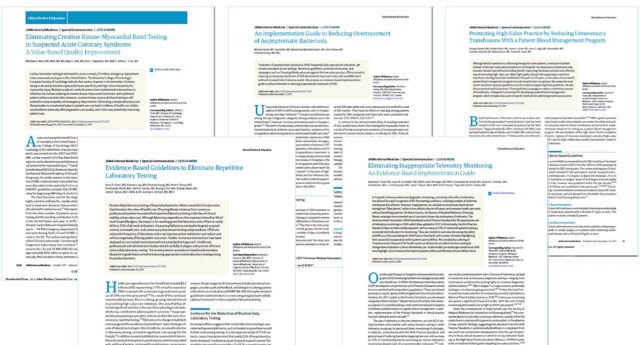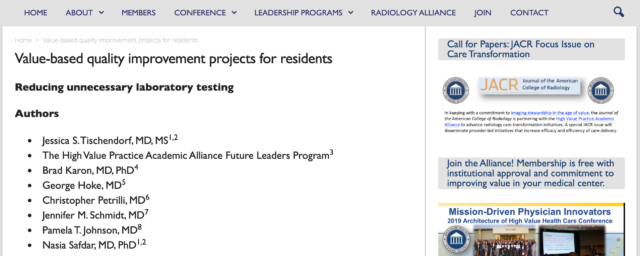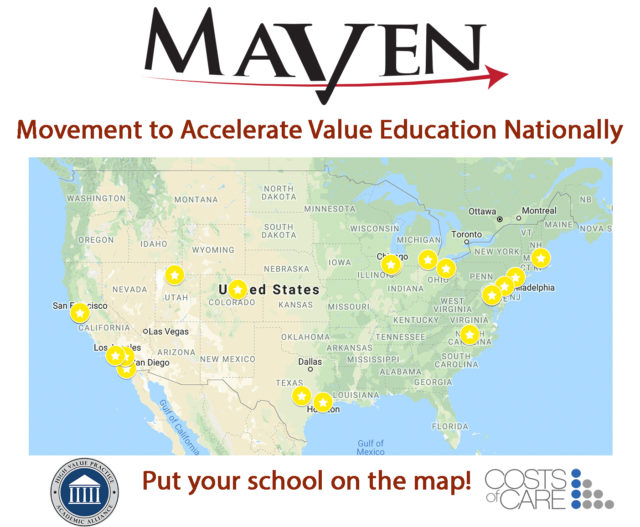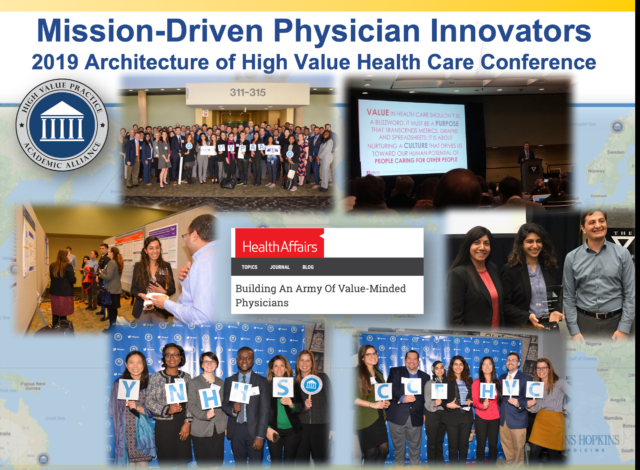From the 2021 HVPAA National Conference
York Chen (Dartmouth Hitchcock Medical Center), Evelien Schaafsma, Henry Feng, Craig Worby, Jose Mercado, Michael Calderwood
Background
Antibiotic resistance, C. difficile infections, and adverse drug reactions prove to be prevalent complications with inappropriate antibiotic prescriptions. Good stewardship seeks to improve patient care and overall healthcare outcomes through optimizing antibiotic selection, dosage, and duration for the treatment and prevention of infections.
At Dartmouth, floors dedicated to hospital medicine patients are primarily covered by internal medicine residents. The rate of prescribing broad-spectrum antibiotics tends to exceed national averages. However, there is no formal curriculum for appropriate antibiotic use; didactics implemented in the past lacked a standardized and longitudinal structure. Literature review on modern pedagogy of adult learners shows that such learners retain and apply material more effectively when using online modalities on their own time, as opposed to dedicated lectures or assigned readings.
Objective
To provide structured resident education through micro-learning, and to assess for improved practice patterns within the medicine residency.
Methods
As part of the PDSA cycle, we plan on a teaching intervention and analysis electronic health data monthly on prescription patterns and patient outcomes. Initial education included monthly attending- and resident-led didactics comprising a short presentation in small groups with current, evidence-based empiric treatment guidelines for common infections and followed by emails with antibiotic guidelines. After teaching, residents completed a survey indicating basic knowledge and comfort in prescribing appropriate antibiotics. At the end of the 4 week rotation, residents completed a second post-rotation survey with the same questions.
In order to achieve sustainability in our educational program, we plan on recording and disseminating short audio conversation recordings. These will cover various topics in antibiotic stewardship with emphasis on duration, de-escalation, local resistance patterns, and local antibiotic usage trends compared with national/regional data.
Antibiotic prescription data will be aggregated from each medicine floor and analyzed with R 3.6.3. Cost, median length of stay, and antibiotics prescription patterns were also collected. De-identified patient variables obtained include age, length of admission, cost of hospital stay, antibiotics prescribed, duration of therapy, complications related to antibiotics, and 30-day readmissions.
Antibiotic data are presented through Sankey diagrams, which to our knowledge is a novel and uniquely illuminating method of visualizing transitions at particular time points. Antibiotics upon initiation, at day 2, and at day 4 will be shown.
Results
Survey data showed a significant post-intervention improvement of (vertical axis) in self-assessed confidence, knowledge, and interest in antibiotic stewardship. SAAR data within units of the hospital between months, are aggregated on a floor-wide basis and obscure many variables that are not controlled for, and make it challenging to draw reasonable conclusions.
Conclusion
We have developed not only a micro-learning platform for both trainees and staff providers but also a visualization scheme to draw attention to prescription patterns within our hospital medicine department. We intend to use this data as professional feedback and education in order to improve antibiotic stewardship.
